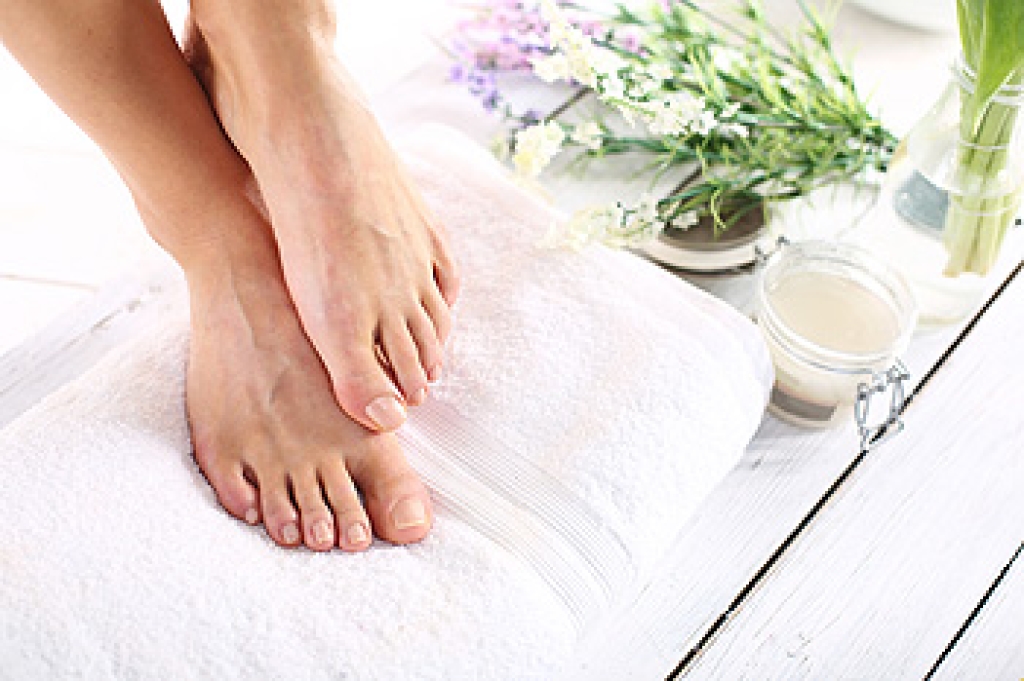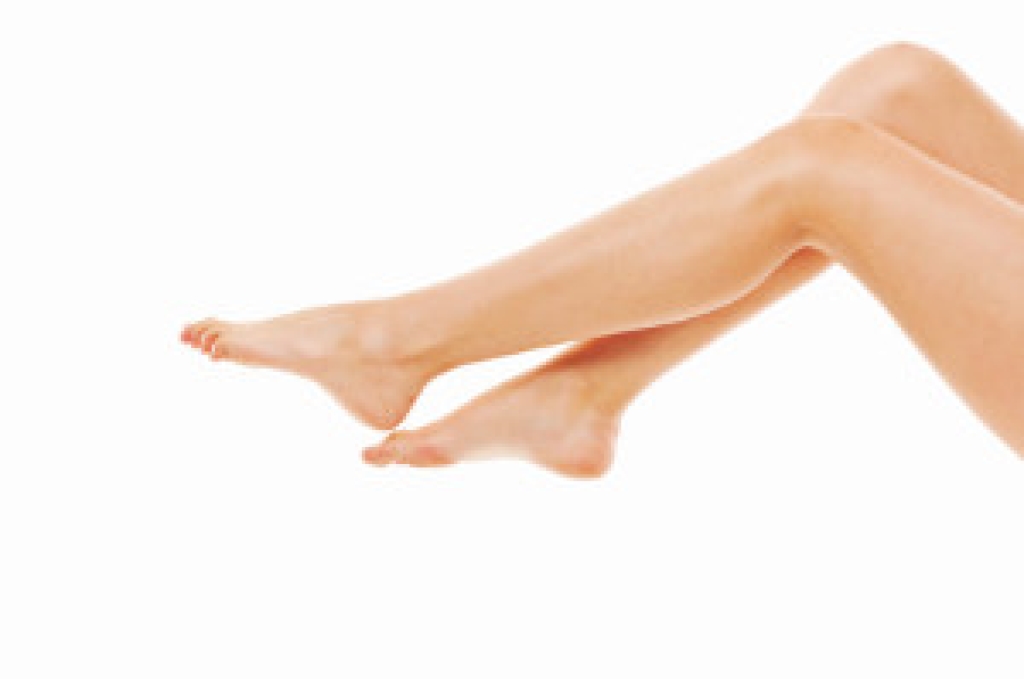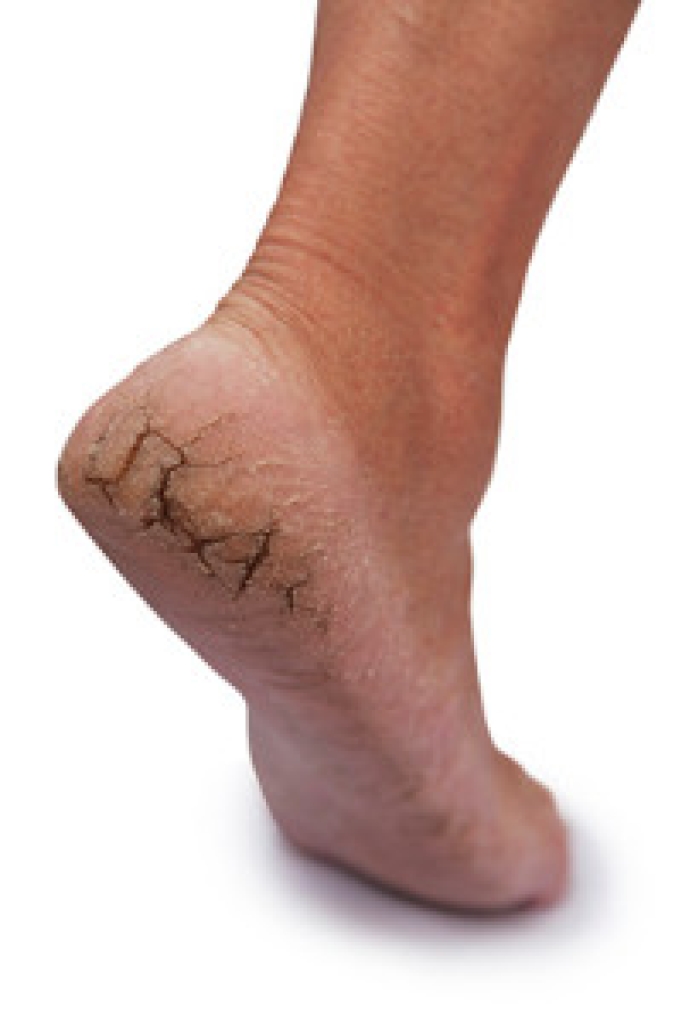 There are many things that get neglected as we get older, and the feet are one of them. The overall health of an elderly person may be improved with proper foot care, which may include toenail cutting, moisturizing, and inspecting the feet. This is especially true for diabetic patients. Foot problems are common due to years of wear and tear. Shoes can be a critical factor in keeping the feet properly supported, in addition to helping prevent poor circulation. It is important to keep your toenails trimmed as improperly trimmed toenails can be more likely to break or cause other issues. To prevent foot problems, have your feet checked regularly by a podiatrist. It’s also beneficial to have your feet elevated while sitting or lying down. Additionally, a gentle foot massage or foot soak may help ease pain and keep your feet clean. Please consult a podiatrist if you have questions or concerns about common foot conditions and care.
There are many things that get neglected as we get older, and the feet are one of them. The overall health of an elderly person may be improved with proper foot care, which may include toenail cutting, moisturizing, and inspecting the feet. This is especially true for diabetic patients. Foot problems are common due to years of wear and tear. Shoes can be a critical factor in keeping the feet properly supported, in addition to helping prevent poor circulation. It is important to keep your toenails trimmed as improperly trimmed toenails can be more likely to break or cause other issues. To prevent foot problems, have your feet checked regularly by a podiatrist. It’s also beneficial to have your feet elevated while sitting or lying down. Additionally, a gentle foot massage or foot soak may help ease pain and keep your feet clean. Please consult a podiatrist if you have questions or concerns about common foot conditions and care.
Proper foot care is something many older adults forget to consider. If you have any concerns about your feet and ankles, contact one of our podiatrists from PA Foot & Ankle Associates. Our doctors can provide the care you need to keep you pain-free and on your feet.
The Elderly and Their Feet
As we age we start to notice many changes in our body, but the elder population may not notice them right away. Medical conditions may prevent the elderly to take notice of their foot health right away. Poor vision is a lead contributor to not taking action for the elderly.
Common Conditions
- Neuropathy – can reduce feeling in the feet and can hide many life-threatening medical conditions.
- Reduced flexibility – prevents the ability of proper toenail trimming, and foot cleaning. If left untreated, it may lead to further medical issues.
- Foot sores – amongst the older population can be serious before they are discovered. Some of the problematic conditions they may face are:
- Gouging toenails affecting nearby toe
- Shoes that don’t fit properly
- Pressure sores
- Loss of circulation in legs & feet
- Edema & swelling of feet and ankles
Susceptible Infections
Diabetes and poor circulation can cause general loss of sensitivity over the years, turning a simple cut into a serious issue.
If you have any questions, please feel free to contact one of our offices located in Allentown, Easton, Northampton, and Chew Street in Allentown, PA . We offer the newest diagnostic and treatment technologies for all your foot care needs.




